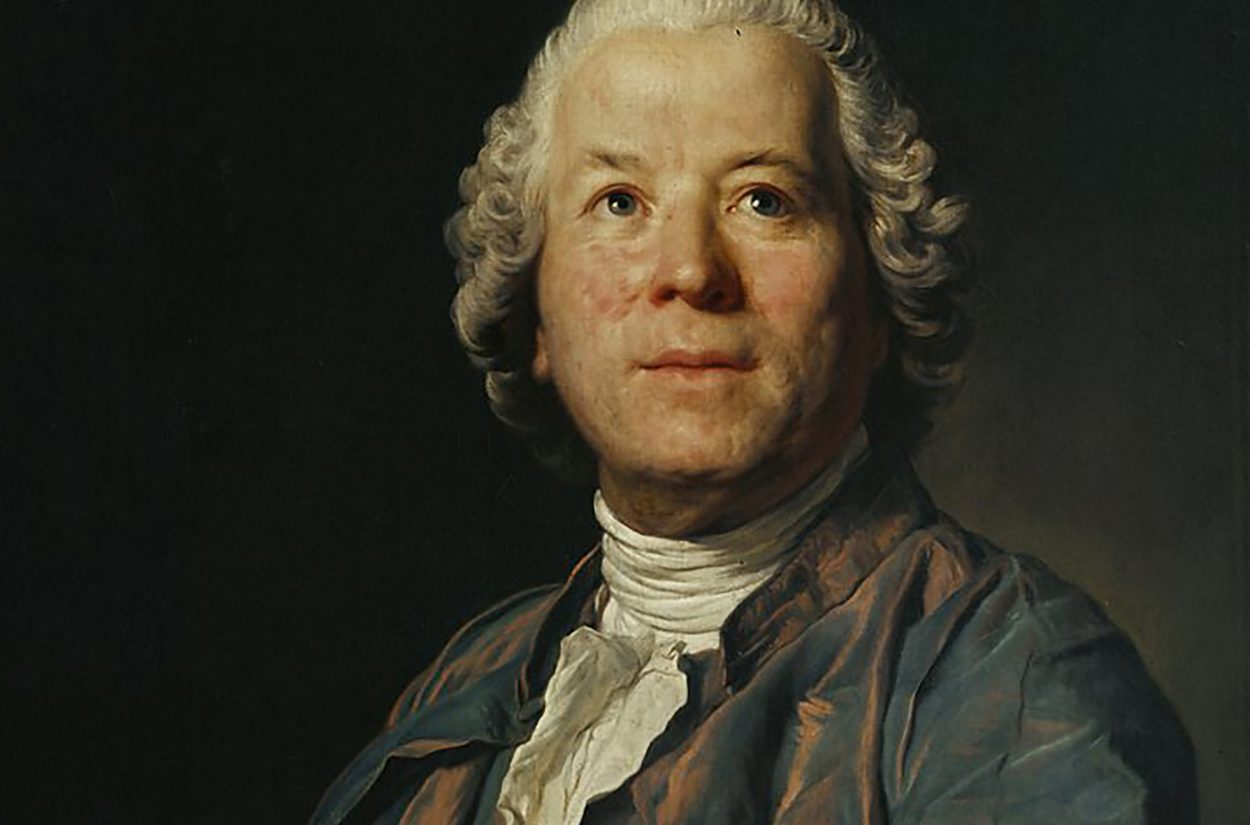Christoph Willibald Gluck, a towering figure in the history of classical music, was born on July 2, 1714, in Erasbach, Upper Palatinate, Bavaria. His life unfolded against the backdrop of the Baroque and Classical periods, and his contributions to opera would forever shape the course of musical history.
Gluck’s early musical education began under the guidance of his uncle, who recognized his nephew’s prodigious talent and arranged for him to study music in Prague. Later, he continued his studies in Italy, where he absorbed the operatic traditions of the time, particularly those of Alessandro Scarlatti and Giovanni Battista Pergolesi.
- Early Life: Christoph Willibald Gluck was born on July 2, 1714, in Erasbach, Upper Palatinate, a region in present-day Germany. His father was a forester and gamekeeper to the Prince of Palatinate.
- Musical Education: Gluck received his early musical training in Prague and later studied at the Jesuit college of Komotau (now Chomutov, Czech Republic), where his musical talents were recognized and nurtured.
- Italian Influences: Gluck traveled to Italy in 1737, where he studied music under the renowned composer Giovanni Battista Sammartini. It was during his time in Italy that Gluck was heavily influenced by Italian opera, which would later shape his own compositions.
- Opera Innovator: Gluck is often credited with revolutionizing opera by moving away from the elaborate and artificial style of the Baroque era towards a more natural and expressive form. His reforms laid the groundwork for the development of classical opera.
- Reform Operas: Gluck’s most famous operas include “Orfeo ed Euridice” (1762), “Alceste” (1767), and “Iphigénie en Tauride” (1779). These works exemplify his reform principles, emphasizing simplicity, clarity, and dramatic truthfulness in both music and storytelling.
- Vienna Years: Gluck spent a significant portion of his career in Vienna, where he served as the court composer for Emperor Joseph II. He composed several operas for the Imperial Court Theatre, solidifying his reputation as one of the leading composers of his time.
- Collaboration with Ranieri de’ Calzabigi: Gluck collaborated closely with the librettist Ranieri de’ Calzabigi, who shared his vision for reforming opera. Their partnership produced several groundbreaking works, including “Orfeo ed Euridice” and “Alceste.”
- Influence on Mozart: Gluck’s innovative approach to opera had a profound influence on Wolfgang Amadeus Mozart, who admired Gluck’s dramatic style and incorporation of emotional depth into his compositions. Mozart’s own operatic works show traces of Gluck’s influence.
- Legacy: Gluck’s legacy extends beyond his own compositions; his reforms had a lasting impact on the development of opera, paving the way for composers such as Mozart and Beethoven to further explore the possibilities of the genre.
- Death and Recognition: Christoph Willibald Gluck passed away on November 15, 1787, in Vienna, Austria. Despite facing criticism and opposition during his lifetime, Gluck’s contributions to opera were eventually recognized, and he is now celebrated as one of the most important composers of the classical period.


Comments are closed